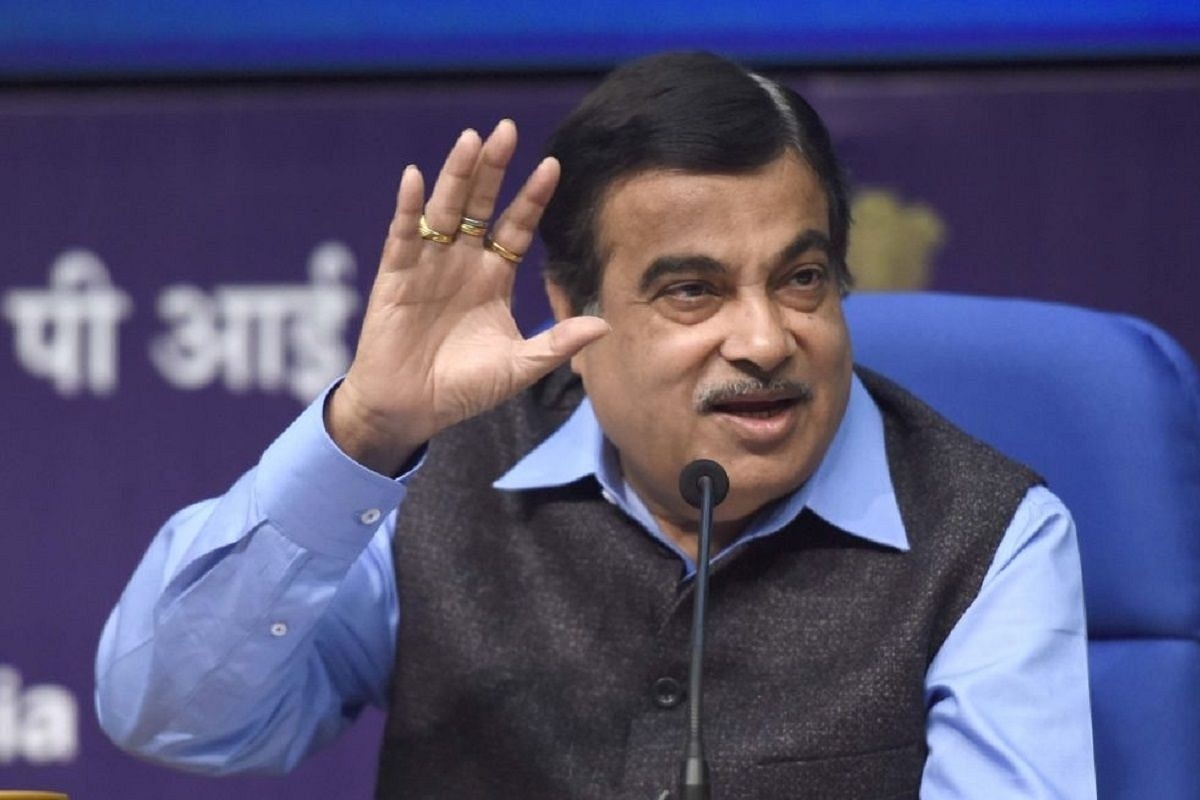News Brief
'If You Make It In China...': Minister Nitin Gadkari Delivers Blunt Message To Elon Musk's Tesla On Its India Plans

Union Road Transport Minister Nitin Gadkari. (Sonu Mehta/Hindustan Times via GettyImages)
Nitin Gadkari, India's Minister for Road Transport and Highways, has extended a welcoming hand to Tesla, stating that the electric vehicle manufacturer is encouraged to enter the Indian market but under a specific condition – local manufacturing.
In an interview with Economic Times, Gadkari expressed that if Tesla chooses to manufacture its vehicles in India, it will be eligible for concessions.
However, if the company opts to manufacture in China and import to India, concessions will not be offered.
Gadkari stated, “...But if you make it in China and want to sell in India, then there is no concession policy available.”
This announcement comes on the heels of reports suggesting that the Indian government is considering a policy framework aimed at facilitating high-end, technologically advanced vehicle manufacturers, such as Tesla, to establish manufacturing operations within India.
The plan is designed to promote domestic production and local component sourcing while reducing import duties on fully built units during the initial years.
These reduced import duties could potentially drop to as low as 15 per cent, a significant decrease from the current peak of 100 per cent.
However, this reduction would be contingent on automakers committing to local manufacturing, increasing local component sourcing, and providing bank guarantees to cover potential defaults on their commitments.
The government's focus is on building a robust supplier ecosystem, with the goal of sourcing about 20 per cent of parts locally within the first two years and eventually reaching 40 per cent by the fourth year.
Bank guarantees would be aligned with the value of the import duty reductions provided to companies for importing vehicles at subsidised rates.
This mechanism serves as a safeguard should companies fail to fulfill their commitments regarding local manufacturing and investments.
This shift in the government's stance on import duty rates reflects a desire to attract companies with cutting-edge technologies to invest and produce within India.
If this policy is implemented, it will offer a substantial advantage to companies like Tesla, BMW, and Audi, allowing them to enter the Indian market with their electric vehicles, while test-marketing their imported models.
The primary objective of this move is to significantly boost the production of electric vehicles in India.
Tesla, in particular, has shown interest in establishing a factory in India with an annual production capacity of 500,000 units, which would also serve as an export hub. This production range is expected to encompass vehicles with a starting price of over Rs 20 lakh.
While government officials assert that the policy framework will benefit all players, domestic and global alike, the reduction in import tariffs may pose a challenge to companies like Tata Motors and Mahindra & Mahindra, who have already made substantial investments in local electric vehicle manufacturing.
The lower import duties could attract luxury car buyers away from domestically produced products if high-quality global models become available in India at competitive prices.
Support Swarajya's 50 Ground Reports Project & Sponsor A Story
Every general election Swarajya does a 50 ground reports project.
Aimed only at serious readers and those who appreciate the nuances of political undercurrents, the project provides a sense of India's electoral landscape. As you know, these reports are produced after considerable investment of travel, time and effort on the ground.
This time too we've kicked off the project in style and have covered over 30 constituencies already. If you're someone who appreciates such work and have enjoyed our coverage please consider sponsoring a ground report for just Rs 2999 to Rs 19,999 - it goes a long way in helping us produce more quality reportage.
You can also back this project by becoming a subscriber for as little as Rs 999 - so do click on this links and choose a plan that suits you and back us.
Click below to contribute.
Latest